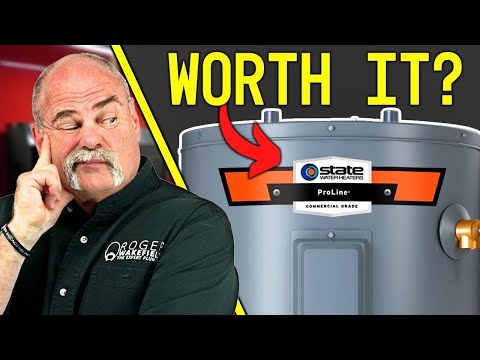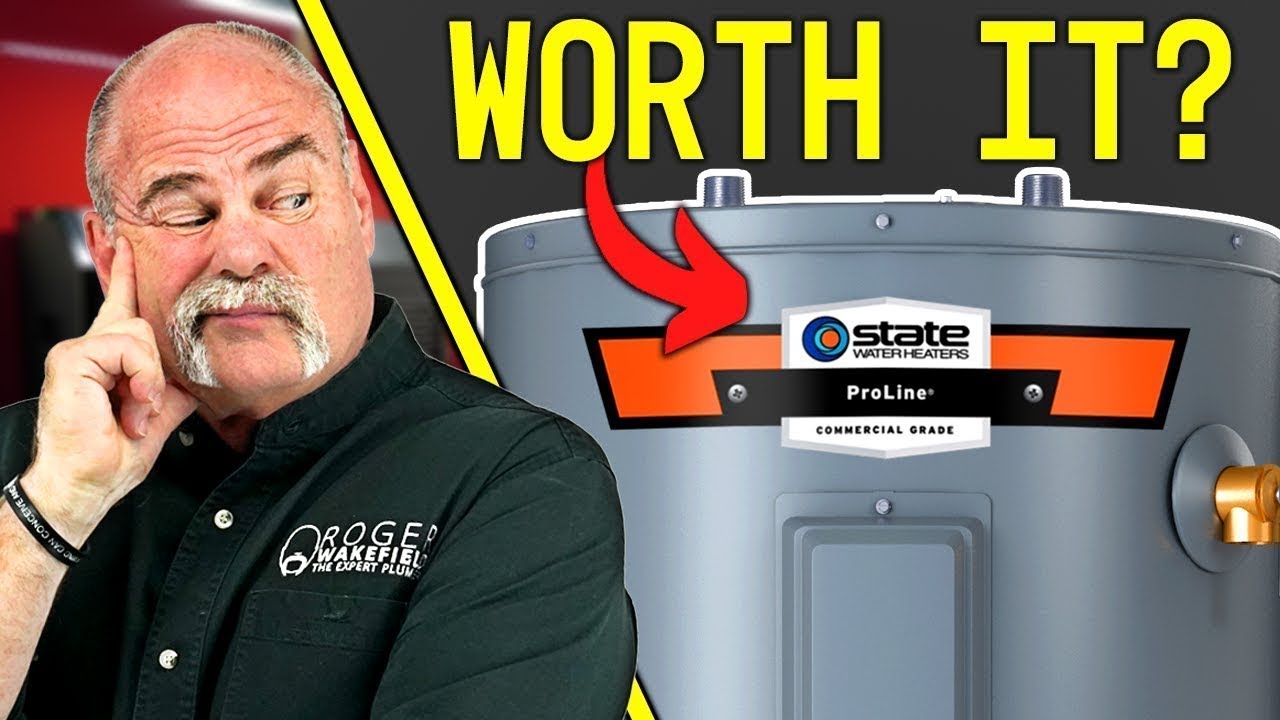Discover the Surprising Drawbacks of Heat Pump Water Heaters and How They Impact Your Home Are you considering investing in a heat pump water heater to upgrade your home’s energy efficiency and save on utility bills? While these innovative systems offer numerous advantages, it’s essential to be aware of their potential downsides. Understanding the disadvantages can help you make an informed decision and ensure that the chosen technology aligns with your specific needs. One significant drawback of heat pump water heaters is their upfront cost. Compared to traditional water heaters, these units tend to have a higher initial price tag. However, it’s important to note that this investment can be offset by the long-term energy savings and reduced utility bills that come with the increased efficiency of heat pump technology. Another limitation to consider is the space required for installation. Heat pump water heaters typically demand more room than conventional models due to their larger physical size. Therefore, you need to evaluate whether your available space can accommodate the unit and ensure proper ventilation for optimal performance. Lastly, noise can be a potential concern with heat pump water heaters. These systems operate by extracting heat from the surrounding air, and during this process, they may produce a low level of noise. While manufacturers strive to minimize the sound, it’s crucial to assess whether the noise level is acceptable for the location where the water heater will be installed. By understanding these disadvantages of heat pump water heaters, you can make an informed decision about whether this technology is suitable for your home. Remember to weigh these drawbacks against the numerous benefits these systems offer, such as improved energy efficiency and long-term cost savings.

Disadvantages of Heat Pump Water Heater
| Disadvantage | Explanation |
|---|---|
| High Initial Cost | Heat pump water heaters are relatively expensive compared to traditional electric or gas water heaters. The installation costs and unit price may deter some consumers from opting for this technology. |
| Space Requirements | Heat pump water heaters typically require a larger space for installation compared to conventional water heaters. This may pose a challenge for homes with limited space, especially in urban areas. |
| Dependent on Ambient Temperature | Heat pump water heaters work by extracting heat from the surrounding air, so their performance is affected by the ambient temperature. In colder climates, the efficiency of these heaters may decrease, leading to longer heating times and potentially higher energy consumption. |
| Noisy Operation | Heat pump water heaters tend to produce more noise compared to traditional water heaters. The sound can be attributed to the compressor and fan operation. While advancements have been made to reduce noise levels, it is still a consideration for some homeowners. |
| Regular Maintenance | Heat pump water heaters require periodic maintenance to ensure optimal performance. This includes cleaning or replacing air filters, inspecting refrigerant levels, and checking the overall system for any issues. Neglecting maintenance can lead to reduced efficiency and potential breakdowns. |
| Not Suitable for Cold Climates | In regions with extremely cold temperatures, heat pump water heaters may not be a viable option. The efficiency of these heaters declines significantly in such conditions, making them less effective and potentially leading to higher energy costs. |
Hybrid Water Heaters: The Ultimate Energy-Saving Marvel
The Disadvantages of a Heat Pump Water Heater
A heat pump water heater is a popular alternative to traditional water heaters due to its energy efficiency and cost-saving benefits. However, like any appliance, it also has its fair share of disadvantages. Before investing in a heat pump water heater, it is important to understand these drawbacks to make an informed decision.
1. Higher Initial Cost
One of the main disadvantages of a heat pump water heater is its higher initial cost compared to conventional water heaters. Heat pump water heaters can be significantly more expensive to purchase and install, which may deter some homeowners looking for a more affordable option. However, it is important to note that the long-term energy savings may offset the higher upfront cost over time.
2. Space Requirements
Another disadvantage of a heat pump water heater is its larger size and space requirements. These units are typically larger in size compared to traditional water heaters and require more space for installation. If you have limited space in your home or utility room, a heat pump water heater may not be a feasible option. It is important to assess your available space before considering the installation of a heat pump water heater.
3. Environmental Impact
While heat pump water heaters are more energy-efficient than traditional water heaters, they still have an environmental impact. These units rely on electricity to operate, which means they indirectly contribute to greenhouse gas emissions if the electricity is generated from non-renewable sources. It is important to consider the source of your electricity and opt for renewable or clean energy sources whenever possible to minimize the environmental impact of a heat pump water heater.
4. Performance in Cold Climates
Heat pump water heaters operate by extracting heat from the surrounding air and transferring it to the water. This process becomes less efficient in colder climates where the air temperature is significantly lower. In such conditions, a heat pump water heater may struggle to provide adequate hot water, resulting in decreased performance and longer recovery times. If you live in a colder climate, it is important to consider this disadvantage and evaluate whether a heat pump water heater is suitable for your needs.
5. Noisy Operation
Compared to traditional water heaters, heat pump water heaters can be noisier during operation. The heat pump unit contains a compressor and fan, which can generate noise as they work to transfer heat. This noise level can be bothersome, especially if the unit is installed in a living space or near bedrooms. It is important to consider the noise level of a heat pump water heater and its location within your home before making a decision.
In conclusion, while heat pump water heaters offer many advantages, it is important to consider the disadvantages before making a decision. The higher initial cost, space requirements, environmental impact, performance in cold climates, and noisy operation are all factors that should be taken into account. Ultimately, it is essential to weigh the pros and cons and determine whether a heat pump water heater aligns with your specific needs and circumstances.

